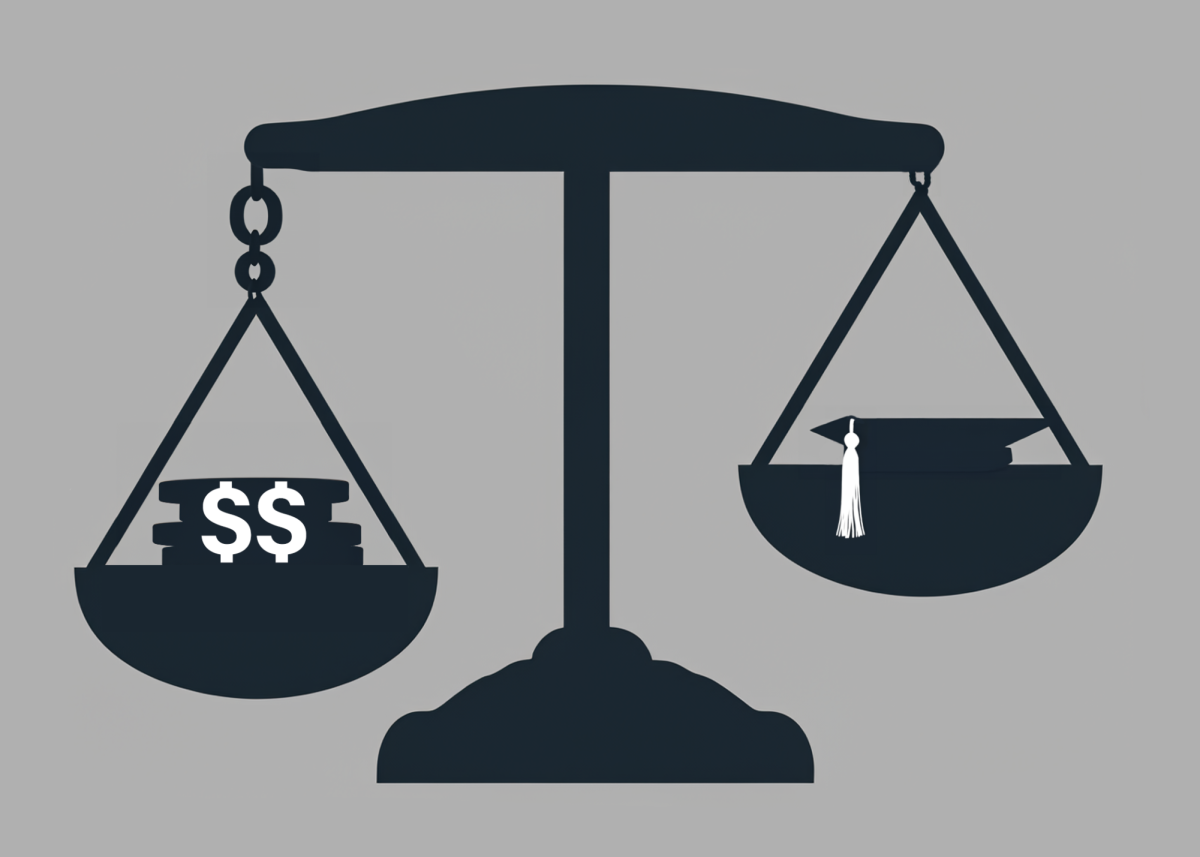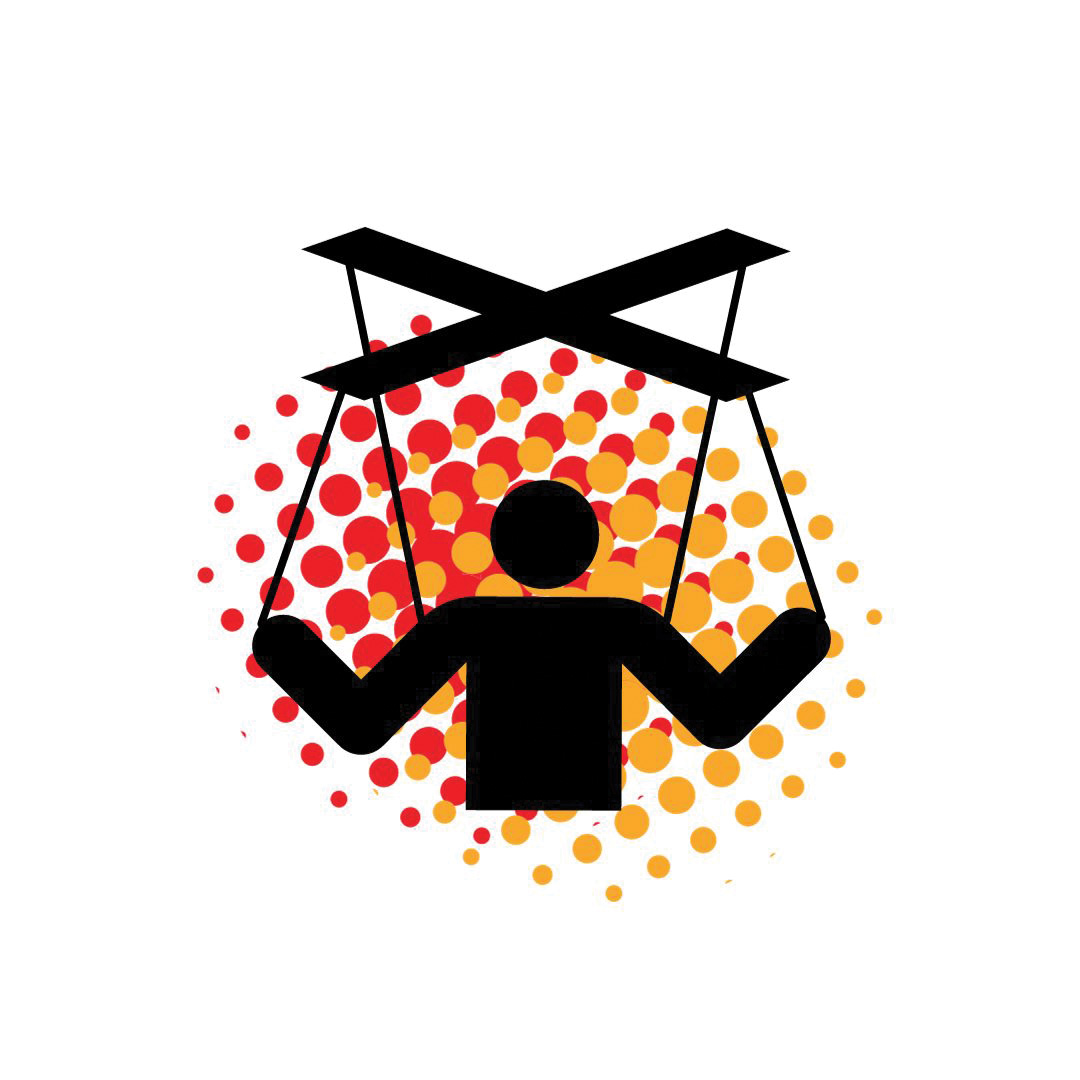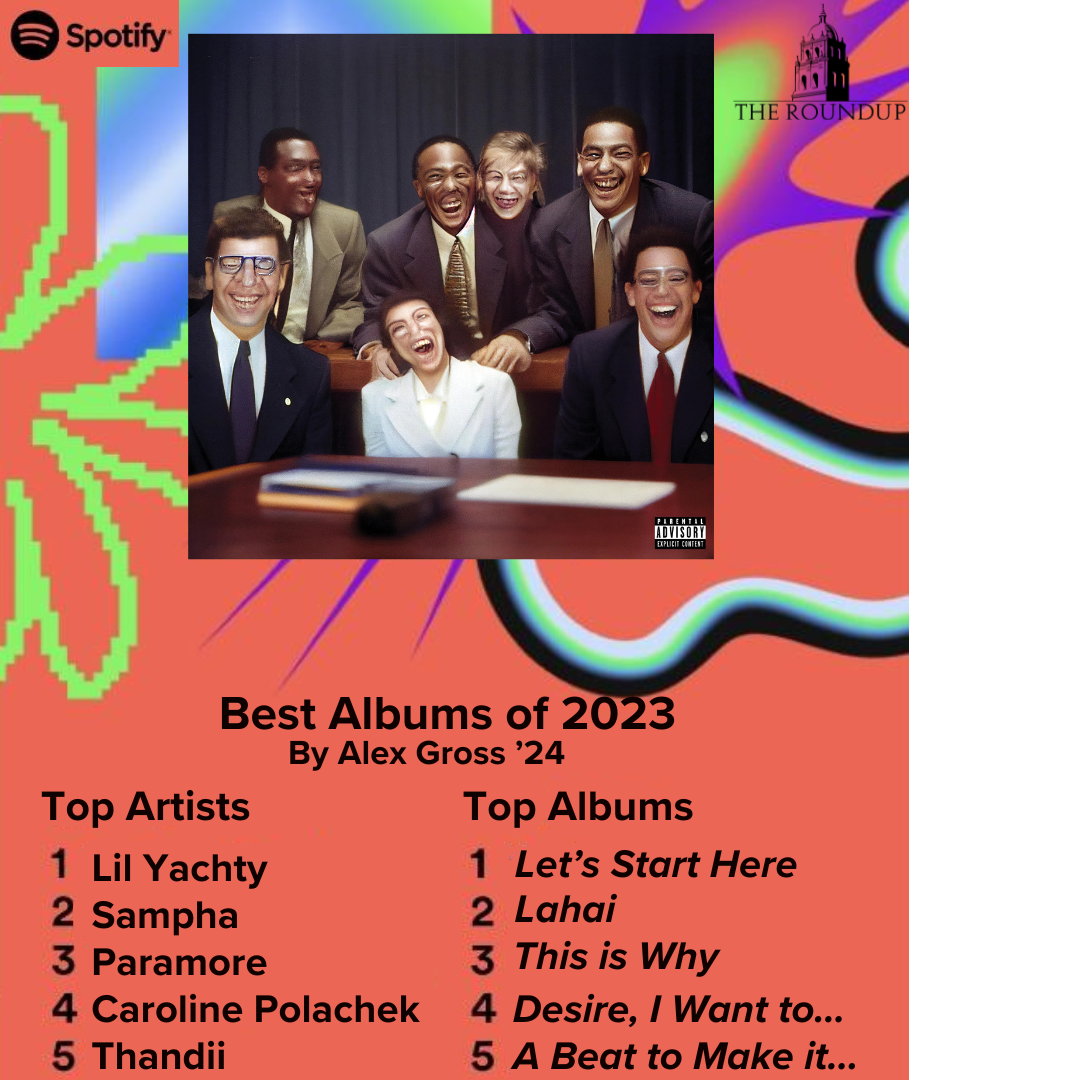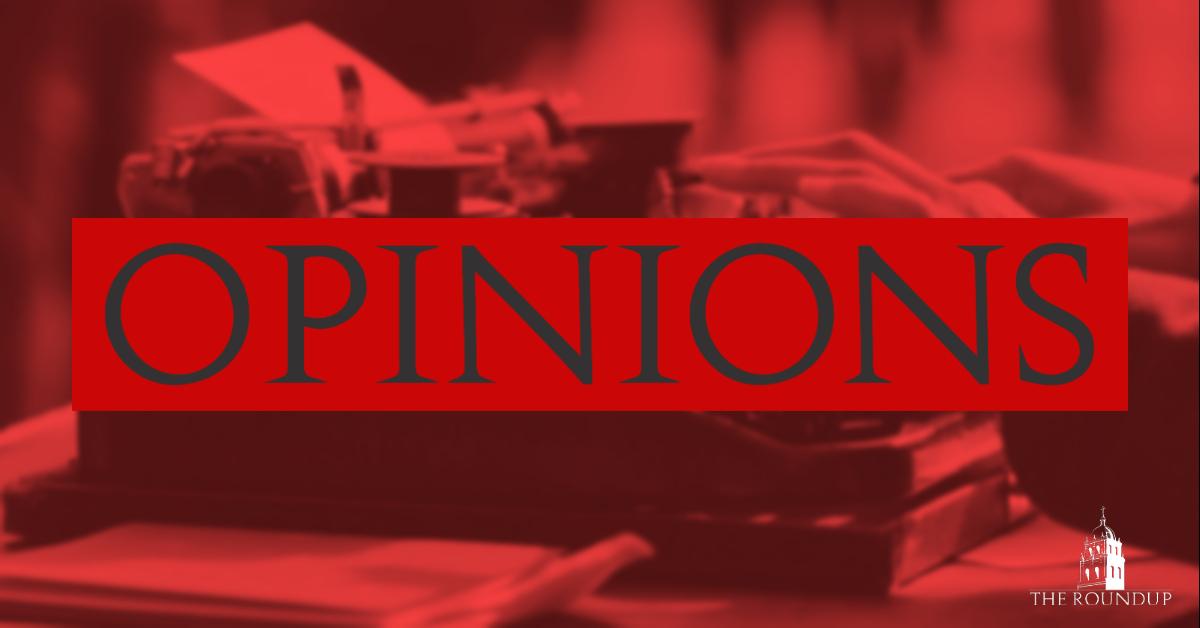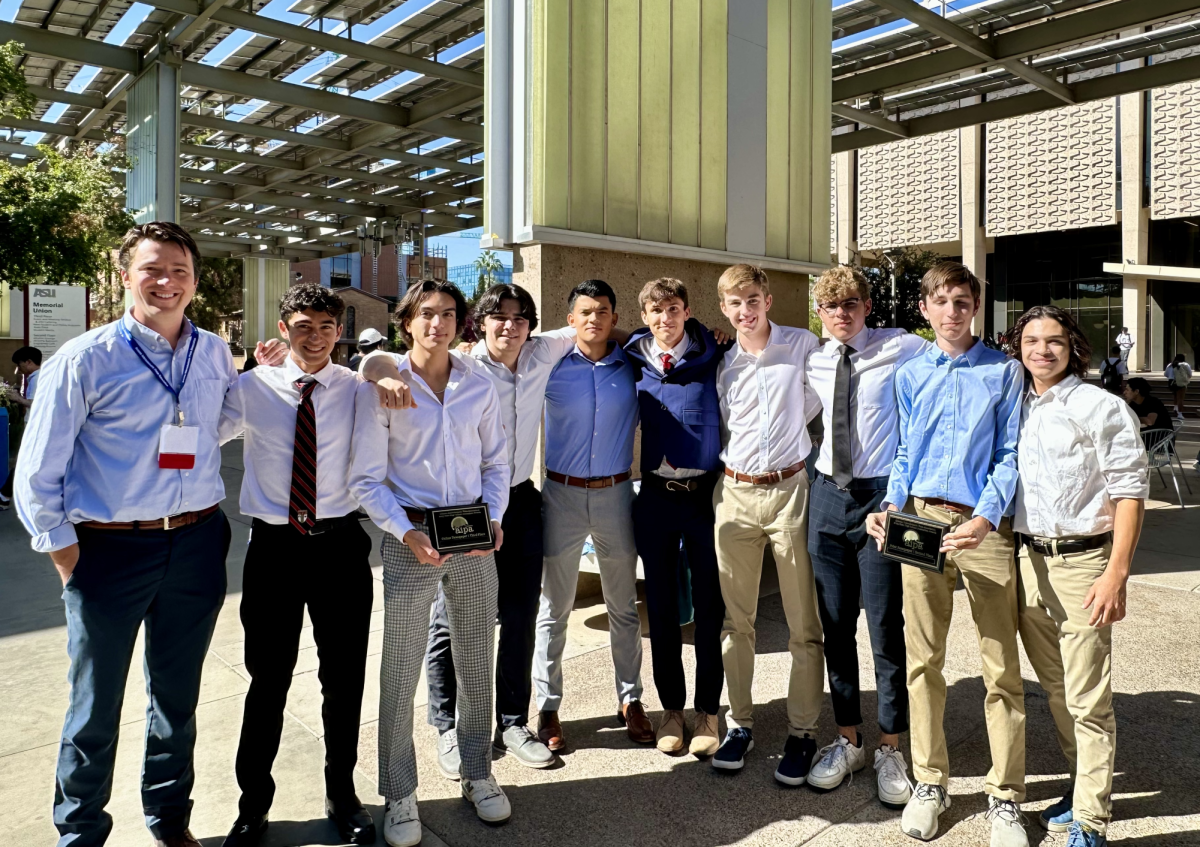Do you think protesters in Egypt have relied heavily on social networking sites like Facebook, Twitter and Youtube to inform and organize? Comment below.
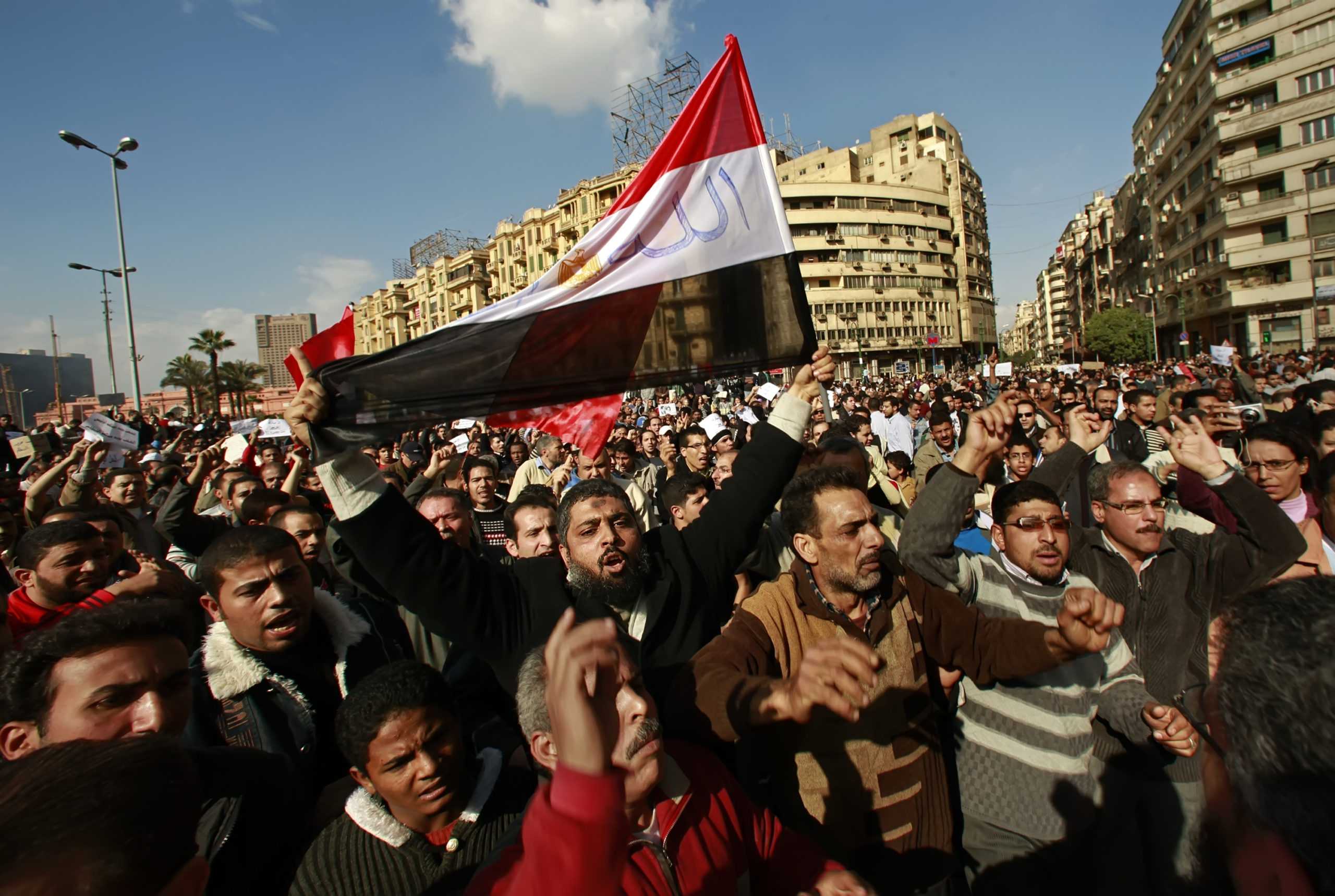
By Eric Villanueva ’11
THE ROUNDUP
“The flames of the protests in Egypt are being covered and perhaps fanned by media old and new. Organizers found supporters and planned protests through Facebook, Twitter and text messaging, at least until Internet and cellular communications were shut down,” NPR’s All Things Considered reported Friday, Jan. 28.
While many news agencies label online social media as fanning recent unrest in the Middle East, other observers hold varying views on the importance of social networking sites in the organizing and planning of these mass demonstrations.
In Egypt’s case, online social media use has permeated the society, with more than 20 million Egyptian Internet and Facebook users, creating a new space for Egyptians to communicate, according to Professor Adel Iskandar, a media and communications lecturer at Georgetown University.
“They can distribute the material. They can mobilize. They can move around,” Iskandar told NPR’s All Things Considered.
However, Egyptians did not rely entirely on social media to organize dissidence.
Though the Internet and cell phone services in Egypt were shut down to disrupt organized unrest, the protests continued across the country.
Instead of allowing the protest to fizzle out, protesters took their revolution to the street, organizing in the traditional way without their accustomed gadgets, Iskandar said.
According to Iskandar, the communications disruption backfired and sent more people into the street.
In 2009, Iran disrupted Internet service to try to quell protests over disputed presidential elections.
Again, news media tagged online social networking sites as the organization medium of the protests because of tide of information flowing out of Iran via Facebook, Twitter and Youtube.
Although the government was not overthrown, the information garnered an outpouring of international support. A cell phone video of a young woman dying of gunshot wounds became the symbol of the uprising and of the regime’s brutal crackdown.
Researchers say that in Iran’s case social media allowed people around the world to feel solidarity with the protesters, but it wasn’t the main means of communication for protesters.
“We think the protests are much more organized by traditional media, by people calling each other on mobile phones or sending text messages back and forth. Social media is mostly giving those who are outside of Iran a picture of what’s going on on the ground, but I don’t believe it’s the main organizing medium on the ground,” said Professor Ethan Zuckerman, a senior researcher at Harvard’s Berkman Center for Internet and Society, on NPR.



